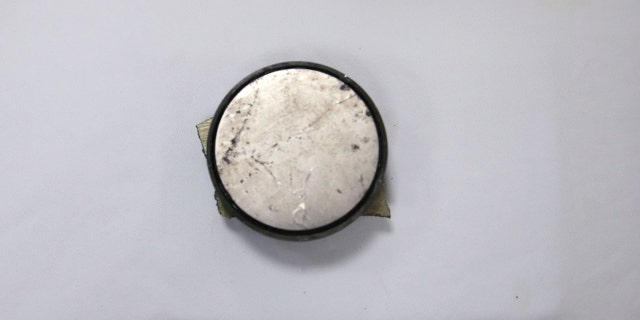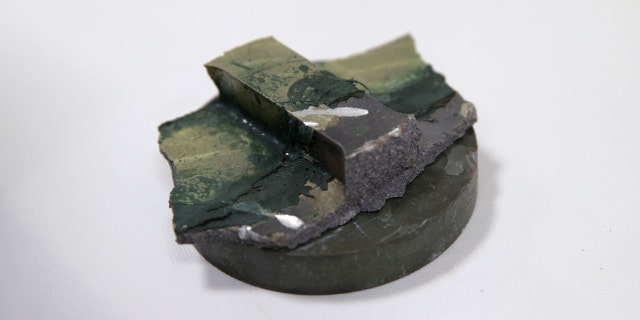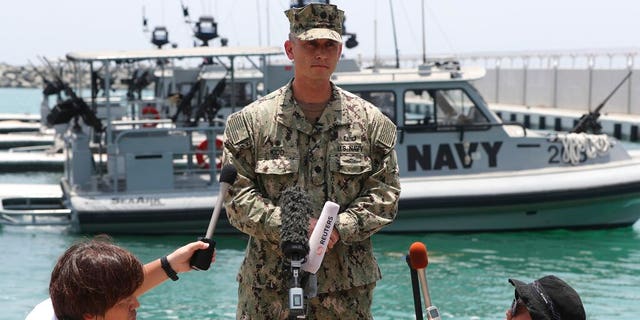GENEVA — Saudi Arabia is responsible for the murder of Jamal Khashoggi in its Istanbul consulate last year, and there is “credible evidence” justifying an investigation into the role of the Saudi crown prince, Mohammed bin Salman, a United Nations expert said in a report released on Wednesday.
The expert, Agnes Callamard, also said that the United Nations secretary general should establish an international criminal investigation to ensure accountability for the crime.
“There is credible evidence warranting further investigation of high-level Saudi officials’ individual liability, including the crown prince’s,” Ms. Callamard said in a 100-page report, issued after a five-month investigation.
Prince Mohammed, the day-to-day ruler of Saudi Arabia, was already widely suspected of having ordered the killing, a conclusion reached by Western intelligence agencies.
But the report by Ms. Callamard, the special rapporteur on extrajudicial, summary or arbitrary executions for the United Nations human rights agency, is the most complete set of findings yet made public on the death of Mr. Khashoggi, a dissident Saudi writer who lived in the United States.
“Evidence points to the 15-person mission to execute Mr. Khashoggi requiring significant government coordination, resources and finances,” Ms. Callamard wrote. “Every expert consulted finds it inconceivable that an operation of this scale could be implemented without the crown prince being aware, at a minimum, that some sort of mission of a criminal nature, directed at Mr. Khashoggi, was being launched.”
Mr. Khashoggi disappeared after visiting the Saudi Consulate in Istanbul on Oct. 2 to obtain papers that would have enabled him to marry his Turkish fiancée, Hatice Cengiz, who was waiting outside.
[Here is what we know about the details of Mr. Khashoggi’s disappearance.]
Saudi officials said at first that Mr. Khashoggi had left the consulate alive and denied any knowledge of his whereabouts, but they later admitted that he had been killed in the building after what they said was a botched mission to bring him back to Saudi Arabia. A “local collaborator” disposed of his body, Saudi officials have said, but it has not been found.
“Mr. Khashoggi’s killing constituted an extrajudicial killing for which the state of the Kingdom of Saudi Arabia is responsible,” and may also have been an act of torture under international treaties, Ms. Callamard wrote. “His attempted kidnapping would also constitute a violation under international human rights law.”
Saudi Arabia’s foreign minister, Adel al-Jubeir, dismissed the findings as a repetition of questionable claims made before.
“The report includes clear contradictions and allegations that challenge its credibility,” he wrote on Twitter. “We affirm that the judicial authorities of the kingdom are the only ones competent to look into this case with full independence, and we strongly reject any attempt to harm the kingdom’s leadership or to take the case away from Saudi justice.”
Saudi Arabia has put 11 officials identified as being linked to the killing on trial, but has conducted the proceedings in secret.

[Many of the suspects had ties to Prince Mohammed. Read more here.]
Ms. Callamard said that the trial failed to meet international standards. She called for Saudi Arabia to suspend the trial and cooperate with the United Nations in conducting further investigations and in deciding on the format and location of a trial. Failing that, she said, it should carry out further investigations and allow international participation in the trial.
She urged the F.B.I. to open an investigation, if it has not already done so, and she asked the United States to make a determination under American law on the responsibility of the crown prince for Mr. Khashoggi’s death.
[Prince Mohammed has close ties to President Trump and his son-in-law, Jared Kushner. The Khashoggi case puts them in an uncomfortable position.]
Ms. Callamard also called on the international community to impose targeted sanctions on Saudi officials said to have been involved in the murder, including Prince Mohammed. The sanctions should focus on the prince’s personal assets abroad “until and unless evidence has been produced that he bears no responsibility for the execution of Mr. Khashoggi.”
Ms. Callamard is to present her findings to the Human Rights Council in Geneva next week in a session that will also be addressed by Ms. Cengiz, Mr. Khashoggi’s fiancé.
Ms. Callamard coupled her recommendation with a scathing assessment of Saudi Arabia’s actions after the murder. She said that the Saudi investigation of the crime had not been conducted in good faith and that it may have amounted to obstruction of justice, citing evidence that officials hindered the work of Turkish investigators, including having the murder scene forensically cleaned before it could be examined.
She said that Saudi Arabia did not respond to her requests to visit the kingdom and did not reply to questions she submitted. The Turkish authorities gave her only limited access to evidence, allowing her to listen to about 45 minutes of the seven hours of recordings they had of Saudi officials in the period of Mr. Khashoggi’s death.
Despite such obstacles, her detailed report presents a damning picture of meticulous Saudi preparations for dealing with Mr. Khashoggi that began as soon as officials knew which day he would visit the consulate.
She cited recordings of a conversation between Maher Abdulaziz Mutreb, a Saudi intelligence officer frequently seen in the company of Prince Mohammed, and Dr. Salah Mohammed Tubaigy, a forensic expert with the Saudi Interior Ministry, in which they appear to discuss dismembering Mr. Khashoggi. Dr. Tubaigy was on the team flown to Istanbul to deal with the dissident.
“Joints will be separated. It is not a problem. The body is heavy,” Dr. Tubaigy is quoted as saying. “If we take plastic bags and cut it into pieces, it will be finished. We will wrap each of them.”
Ms. Callamard said she did not have evidence pointing to the guilt of specific individuals, or indicating who ordered the crime. “What I do present is information that points to the potential responsibility of individuals and that is what needs to be investigated as a next step.”
Even if a high-level official did not order the murder, she added, “that did not mean that they are not responsible and do not have liability for the killing.”
She expressed concern about the possibility that Saudi Arabia might take similar actions in the future. Since Mr. Khashoggi’s killing, Ms. Callamard noted, there were credible reports of continuing rights violations, including torture and arbitrary detention, and threats against Saudi dissidents abroad.
https://www.nytimes.com/2019/06/19/world/middleeast/jamal-khashoggi-Mohammed-bin-Salman.html
2019-06-19 14:54:56Z
52780316893549




